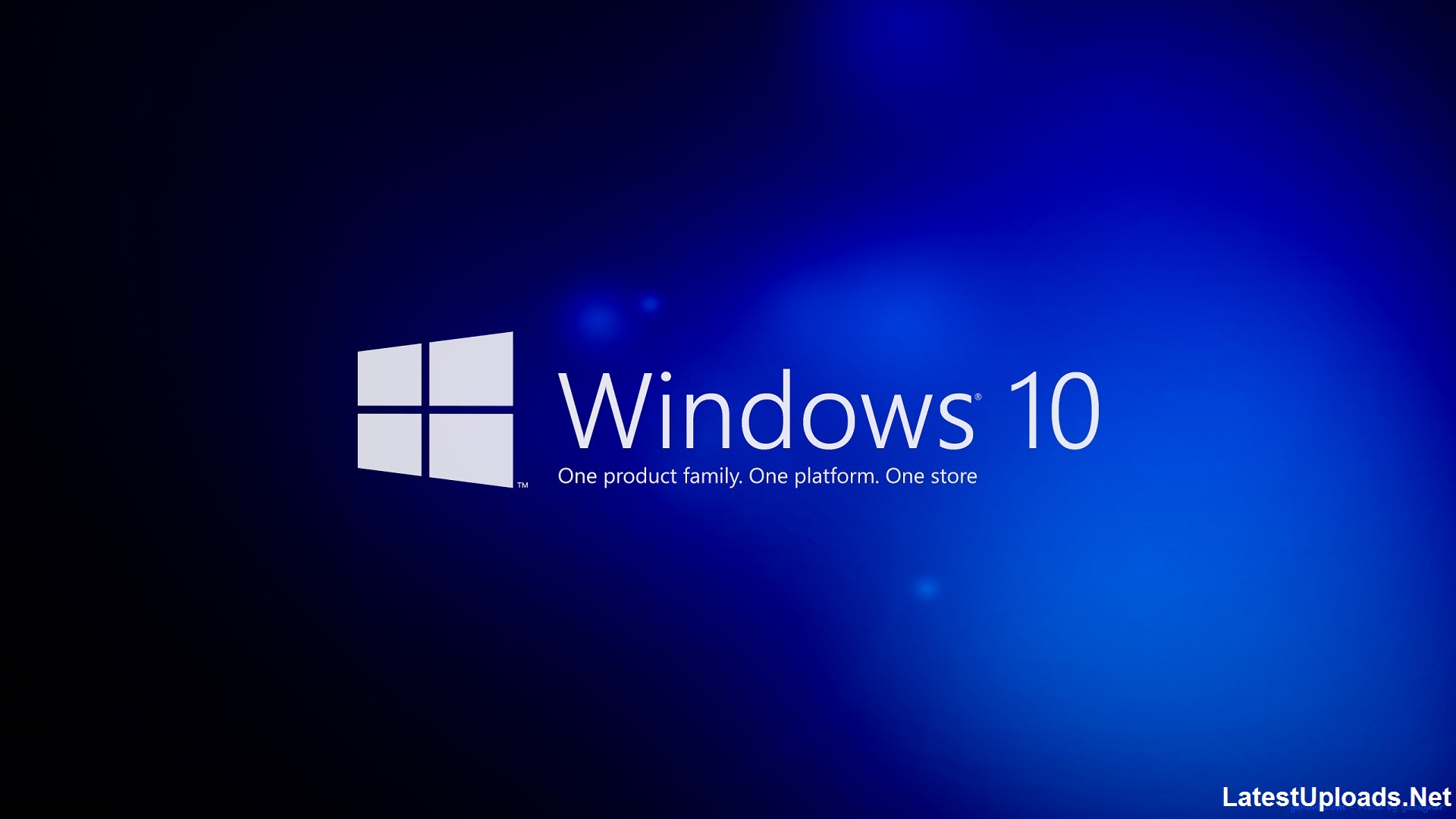

All these, except Windows and z/OS, share roots in UNIX. Examples of popular modern operating systems include Android, BSD, iOS, Linux, Mac OS X, Microsoft Windows, Windows Phone, and IBM z/OS. Operating systems did not exist in their modern, complex form before 1960s and now they can be found on almost any device that contains a computer from cellular phones and video game consoles to supercomputers and web servers.

Even for hardware functions like memory allocation, the operating system acts as a link between programs and the computer hardware. Application programs usually require an operating system to function. The operating system is a vital component of the system software in a computer system. Upgrading to an SSD is not an option because my budget is 0.An operating system or an OS is a collection of software that manages computer hardware resources and provides common services for computer programs. Any 3rd party mods or tweaks that can make Windows 10 run will also be a good option. Or should I go back to Windows 7 or 8.1, or any older versions of Windows 10? Security is not an issue for me, but I know I'll be missing out on newer features if I downgrade, but it should be better than having to deal with a lagging device. So is it really that Windows 10 does not work well without an SSD or was it just that the programs at that time were not as disk-heavy as their current editions? I was able to run Maya, Cinema 4D and Unity fairly well in it. I've previously had a laptop that had 2GB RAM, i3-2350M and an HDD which had Windows 7 installed, and I even upgraded it to Windows 8 and 8.1 when they came along, but none of them seemed to have as much of a difficulty as working with my current laptop. The disk usage is the biggest issue I face in my system, which makes it very unusable. Other specifications are a 4GB RAM and Intel Pentium 4417U processor. I have a laptop that shipped with Windows 10, and comes with a 500 GB HDD.


 0 kommentar(er)
0 kommentar(er)
